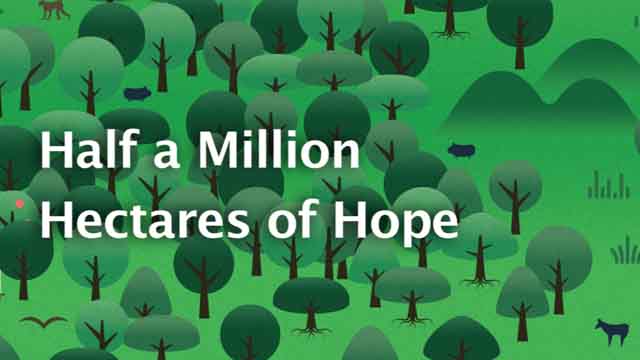Video / Audio -

Life Plan
The Misak are an indigenous people whose territories are located in Cauca, Colombia. As with many indigenous peoples in Latin America, the Misak lost large parts of their territory during colonial…

Communications
This video looks at the ways three communities in Indonesia, Tanzania and Ecuador are using radio, internet, mainstream national and international media and video to bring the stories of their…

Using the Law
Learn from indigenous communities that have used national and international law to defend their rights. This video looks at three legal cases in Indonesia, Tanzania and Paraguay using national,…

Benefits of Territory
What are the benefits of secure tenure for indigenous peoples, for the environment and for wider society? This video is part of the 'Territories of Life' toolkit, a series of 10 short videos that…

Half a Million Hectares of Hope
In the North East of Guatemala, amongst ancient Maya ruins and diverse tropical rainforest, lies one of the largest community-managed forests in the world. This video shares the good news story from…

Land Rights
This video describes and compares community concessions on state land, individual land ownership and communal ownership of territory. The video is especially for communities whose land rights have not…

If Not Us Then Who - Song
Based on Dadang Pohon Tua’s song, “Siapa Lagi Kalau Bukan Kita” (“If not us then who”), each singer sings the chorus in their mother tongue language. Their message is clear: Speak your…

Territories of Life Introduction
The Territories of Life toolkit is a series of 10 short videos that shares stories of resistance, resilience and hope with communities on the frontline of the global rush for land. The aim of the…

Leaders of the Next Generation
Indigenous youth leaders from Indonesia and the Philippines share their views on leadership, culture and indigenous self determined development. (AMAN / The Samdhana Institute / LifeMosaic, 2014)

Message from the Maasai
The Maasai from Tanzania are one of Africa’s oldest tribes. The Tanzanian government has just announced that it plans to evict thousands of Maasai families from their lands so that wealthy tourists…

Fever: trailer (English)
Trailer for ‘Fever’, a 4-part climate change documentary based on the voices and experiences of indigenous peoples in the Philippines, Ecuador, Nicaragua, and Indonesia. What is climate change?…

REDD on the Threshold
This film is for indigenous peoples to raise awareness and build understanding about REDD (Reducing Emissions from Deforestation and Forest Degradation). Why does carbon now have a monetary value? Who…
